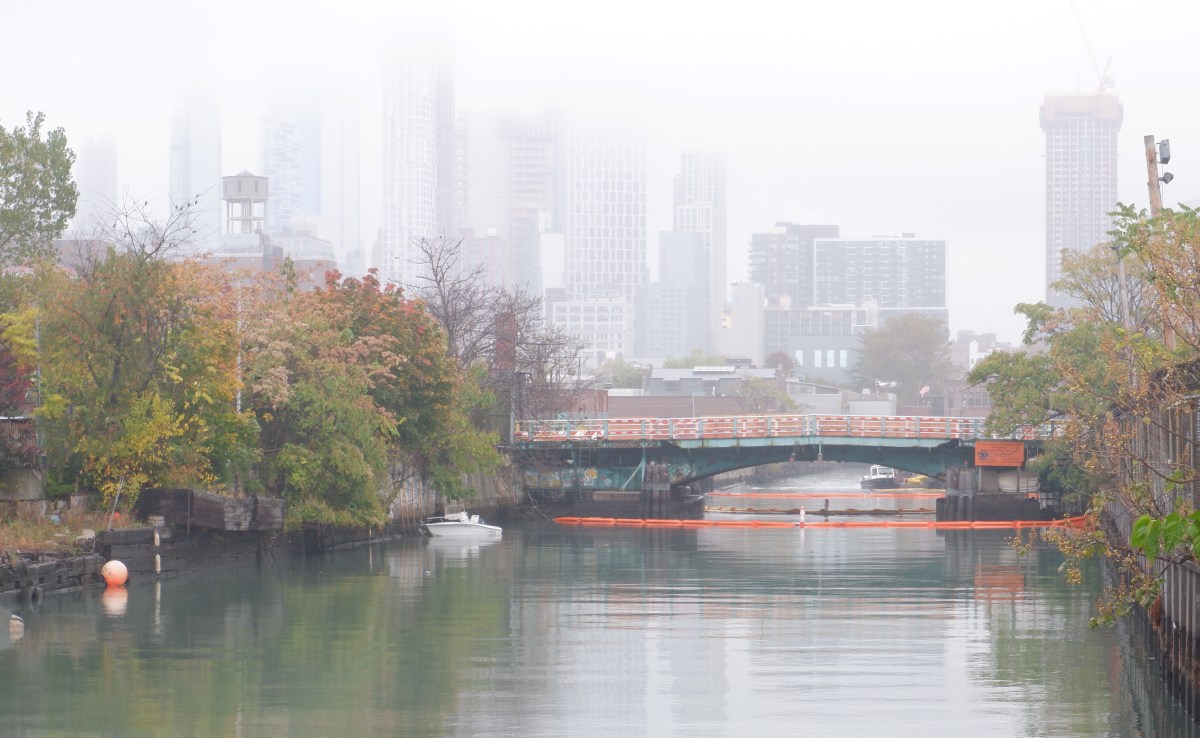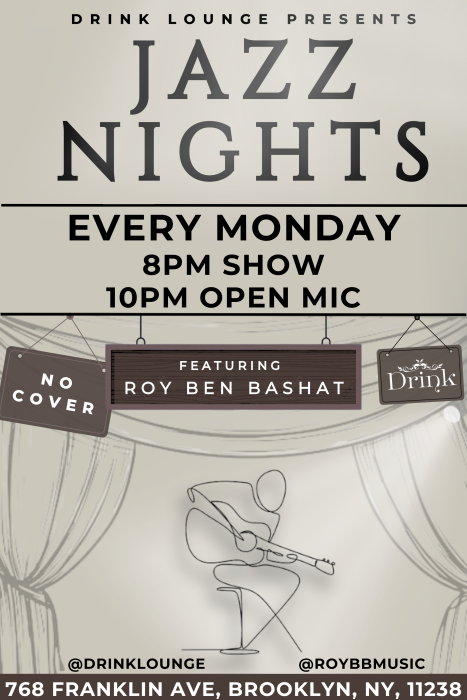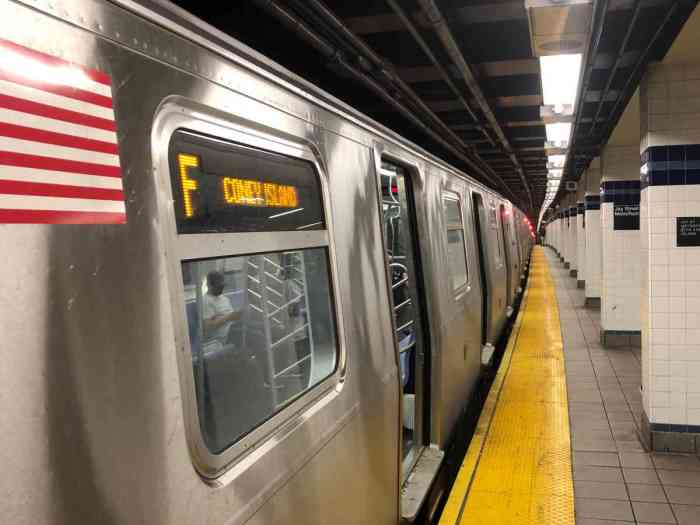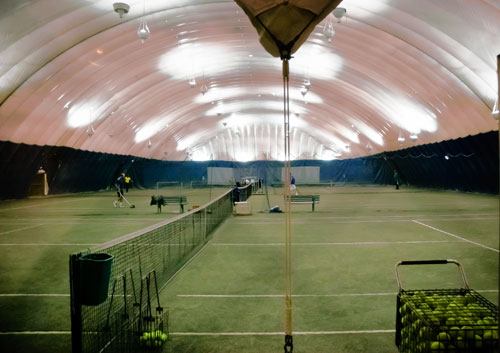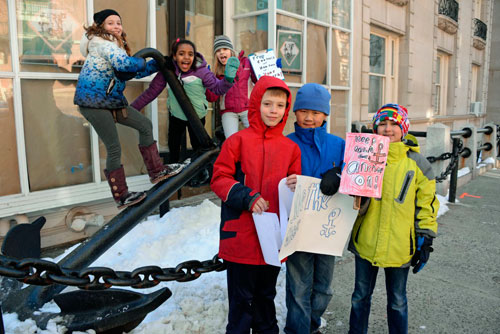It’s a battle of petitions!
A group of pro-development advocates have launched an initiative pushing city regulators to go ahead with the planned Gowanus rezoning, countering a recent effort by locals to halt the plans due to the COVID-19 outbreak.
The organization Open New York started the new petition — which has garnered more than 100 signatures — supporting the neighborhood-wide rezoning because new zoning laws would encourage developers to build more below-market-rate housing — which has become even more important during the pandemic, according one member.
“The rezoning gives us a chance to get back to the neighborhood we were, and we want to be — a place where working New Yorkers can afford to live,” said Alec Schierenbeck, a member of Open New York.
The Park Slope-based advocate called out the authors of the original anti-rezoning petition, saying they were exploiting a global health crisis, and that they have been opposed to the upzoning long before the coronavirus.
“The people calling for a moratorium now, have been calling for a moratorium last year and in some cases since 2008,” he said. “I think it’s cravenly opportunistic to suggest that COVID is somehow now the reason they oppose the rezoning — it’s ghoulish to me.”
Schierenbeck noted that Gowanus and nearby brownstone nabes have stepped up to help fix the city’s other systemic problems before, including by trying to desegregate the area’s school system and petitioning in support of family shelters in Park Slope — which also followed a push by others to oppose it.
Now, the neighborhood should once again do its part to allow more residents of different incomes to find housing in the area, said Schierenbeck.
“We want to be part of a solution to the housing crisis and to the city’s despicable residential segregation,” he said. “And that’s the majority view.”
Open New York has started lobbying in recent years for building more housing across the city in order to bring prices down with a higher supply — a view shared by other advocacy groups around the country operating under the banner YIMBY, or “yes in my backyard.”
The movement is counter to the acronym NIMBY — or “not in my back yard” — which is used to describe development-averse sentiments that often dominate local community meetings.
The rezoning would allow for both more total development and taller building projects of up to 30 stories in the neighborhood, which city planners have estimated would bring around 8,200 new housing units to the area by 2035, including some 3,000 below-market-rate homes.
The opponents of the rezoning last week launched their online petition and fired off a letter to local Councilman Brad Lander and other city, state, and federal officials asking them halt the plans because of the virus.
The request claimed that the scheme was too developer-friendly and that government officials should not be giving away benefits like tax incentives and public land as city coffers face a substantial budget shortfall due to the health crisis which has ravaged the city.
One Gowanus resident behind the original petition acknowledged that she and her fellow petitioners had been opposed to the rezoning before — but said the pandemic simply added a new reason for their opposition, and urged officials to reevaluate their plans.
“We’ve always found this to be unfair, that’s true, but given the current economic crisis, it is unconscionable,” said Debbie Stoller in a statement. “And we aren’t asking for no rezone; we are simply demanding a moratorium so that the city’s needs can be reassessed.”
Stoller also accused Open New York of indiscriminately advocating for more development in neighborhoods that they don’t live in, or truly understand.
“Open New York’s is woefully misinformed about the Gowanus area, and its history,” she said. “That’s no surprise, though, because Open New York’s mission is to encourage more development, no matter where it is proposed. They call themselves ‘YIMBY’ but they are more accurately ‘YIYBY’ — Yes in YOUR backyard.”
Another opponent of the rezoning, Carroll Gardens blogger Katia Kelly, previously opined that existing housing stock would become cheaper as many wealthier Brooklynites flee the borough due to the virus.
Schierenbeck countered, however, that real estate prices did not decline lastingly after previous crises like 9/11 and the 2008 financial collapse.
Kelly could not be reached for comment for this story by press time.
Lander said in an interview that the rezoning at its core was about creating more affordable housing — and the virus only spotlighted the need to build more.
“There are millions of New Yorkers who can’t pay their rent right now,” said Lander. “The units won’t arrive on time to meet the need, but it exposes how many New Yorkers are housing-insecure.”
The legislator, who is running to be the city’s Comptroller, added that the rezoning has been in the works for years, with a lot of feedback from the community, and that the city should move forward with a process that continues to be hashed out with the help and input of residents.
“The Gowanus process — love it or hate it — has been one of the most participatory processes, maybe in the history of planet earth,” the legislator said. “We need to honor that and restart it in a way that has robust community engagement.”
The Department of City Planning — the agency overseeing the rezoning — has yet to announce when it will start the seven-to-nine month land use review procedure.
Mayor Bill de Blasio put a temporary halt on those reviews in March via executive order — which limits an already-slim timeframe, as both Hizzoner and Lander will be term-limited out of their current posts by the end of 2021.
“The deadline is real,” Lander said. “We’re in office for another 18 months, that is enough time for a real process. It’s not a lot of time for that and if we’re going to move forward a decision needs to be made to do so soon.”


